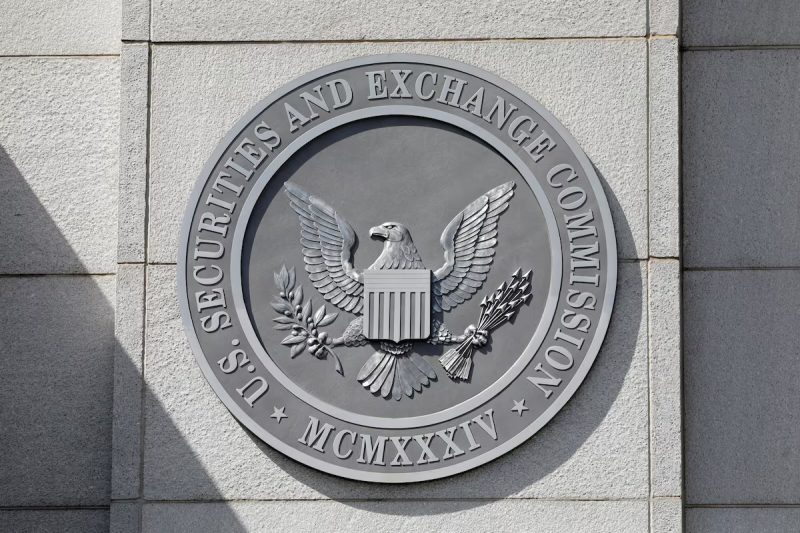The U.S. Securities and Exchange Commission (SEC) is reportedly reducing the size and scope of its 50-person crypto enforcement unit, according to a Feb. 4 report by The New York Times. The move includes reassigning some lawyers from the crypto division to other departments within the agency, signaling a potential shift in how the SEC approaches cryptocurrency regulation.
Sources familiar with the matter revealed that one of the crypto unit’s top attorneys has been transferred out of the SEC’s enforcement division, a move some insiders criticized as an unfair demotion. The reassignment of staff comes amid broader discussions about the SEC’s future stance on crypto oversight.
Shift in Regulatory Approach
This report comes shortly after SEC Commissioner Hester Peirce outlined a revised strategy for regulating the crypto sector. Peirce emphasized that the agency is re-evaluating the security status of crypto assets and may offer “retroactive relief” for certain past token offerings that could have previously faced enforcement actions.
Peirce criticized the SEC’s historical approach to crypto regulation, describing it as “careening down the road while incessantly slamming on the enforcement brakes.” She expressed optimism that the newly formed Crypto Task Force would foster a more balanced relationship between the SEC and the crypto industry.
“The crypto road trip on which the newly announced Crypto Task Force has embarked should be more enjoyable and less risky than the crypto road trip the Commission has taken the industry on for the last decade,” Peirce stated.
SEC’s Recent Enforcement Record
Despite these apparent shifts, the SEC has been active in crypto enforcement. In 2024 alone, the agency initiated 33 cryptocurrency-related enforcement actions against 90 defendants and respondents, according to data from Cornerstone Research.
The SEC’s evolving stance comes amid growing debates about how best to regulate the rapidly expanding crypto market, with critics arguing that excessive enforcement stifles innovation, while proponents of stricter oversight stress the need to protect investors from fraud and market manipulation.
